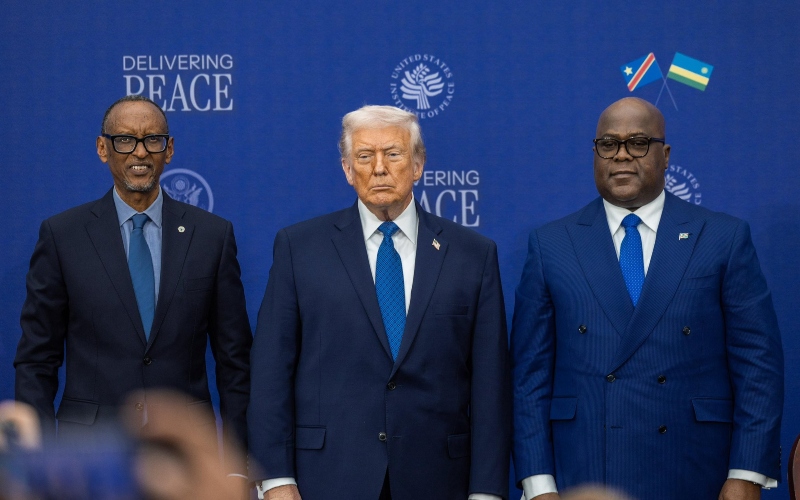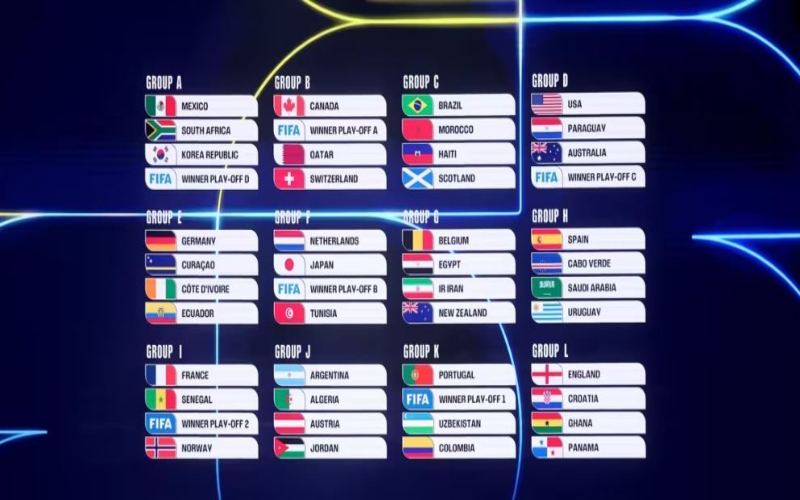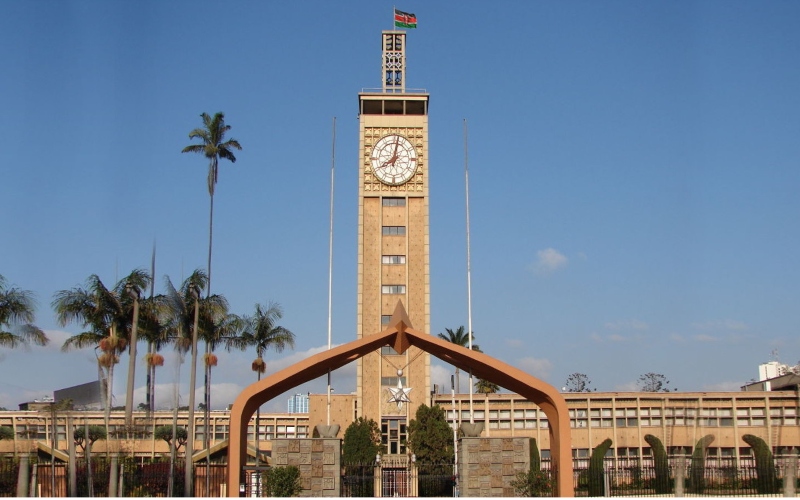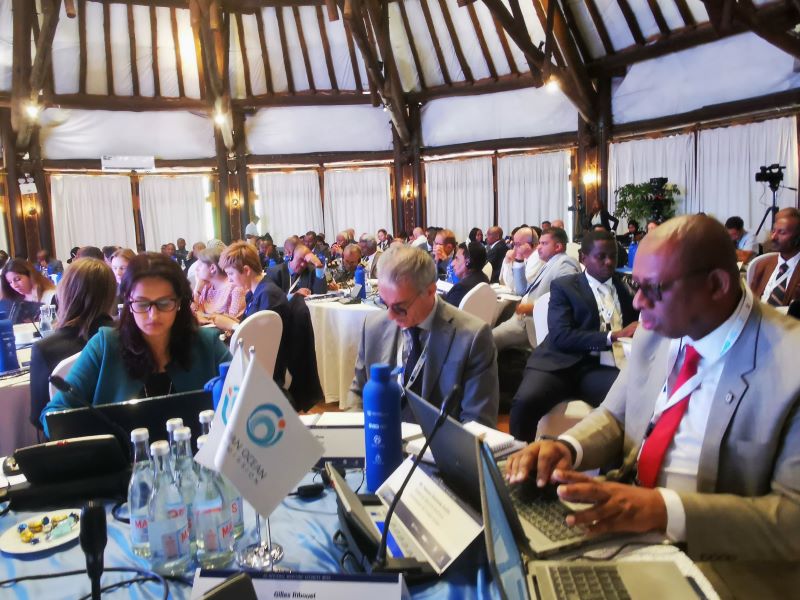Somalia bans fishing trawlers to protect marine resources
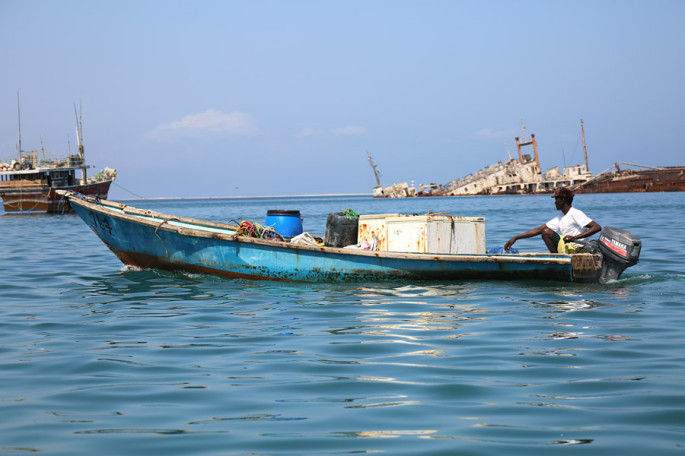
The ban comes after Somalia released 33 Iranian fishermen and sailors imprisoned for illegal, unreported, and unregulated (IUU) fishing in March.
Somalia has banned fishing trawlers from operating in its seas in a move to prevent the overexploitation of fish in its territorial waters.
On April 6, the Ministry of Fisheries and Blue Economy issued a circular prohibiting vessels from using trawlers, a deep-sea fishing tool that indiscriminately catches fish, including unwanted species, thereby depleting marine wildlife.
More To Read
- Somalia, Turkey sign onshore hydrocarbon exploration agreement
- Turkey, Ethiopia have had close ties for many years: Somalia's maritime deals may shift dynamics
- Somalia President meets Turkish counterpart, discusses maritime defence deal, Al-Shabaab war
- Red Sea politics: Why Turkey is helping Somalia defend its waters
- Somalia President Hassan Sheikh officially signs Turkey defence deal
- Somalia Parliament approves maritime defence deal with Turkey
"The Ministry notifies all fishing companies and vessels in Somali waters of a crucial regulation outlined in the Somali Federal Fishery Law, specifically in Article 31... trawling activities within the Somali Federal territorial waters are strictly prohibited," the circular reads.
The ban comes after Somalia released 33 Iranian fishermen and sailors imprisoned for illegal, unreported, and unregulated (IUU) fishing in March.
Tougher approach
Last year, the Office of the Attorney General charged 36 foreign nationals for illegal fishing activities, indicating a tougher approach to protecting Somalia's marine resources.
Fishery experts in Mogadishu have welcomed the ban, citing the destructive nature of trawl fishing, particularly bottom trawling, which damages coral reefs and other marine environments.
They also note that IUU fishing is rampant in Somali waters, with foreign fishing fleets from countries like Iran, Pakistan, Thailand, Yemen, China, and Spain involved.
However, the experts also highlight the challenges Somalia faces in enforcing the ban, including a nascent coast guard force and the issuance of licenses by regional authorities.
The Somali government has pledged to take action against vessels that violate the ban, including fines, imprisonment, confiscation of fish products, and confiscation of trawling equipment.
With the longest coastline in mainland Africa, Somalia's marine resources are crucial to its economy and food security.
The government's efforts to protect its waters and prevent overfishing are seen as a positive step towards sustainable fishing practices.
Top Stories Today
